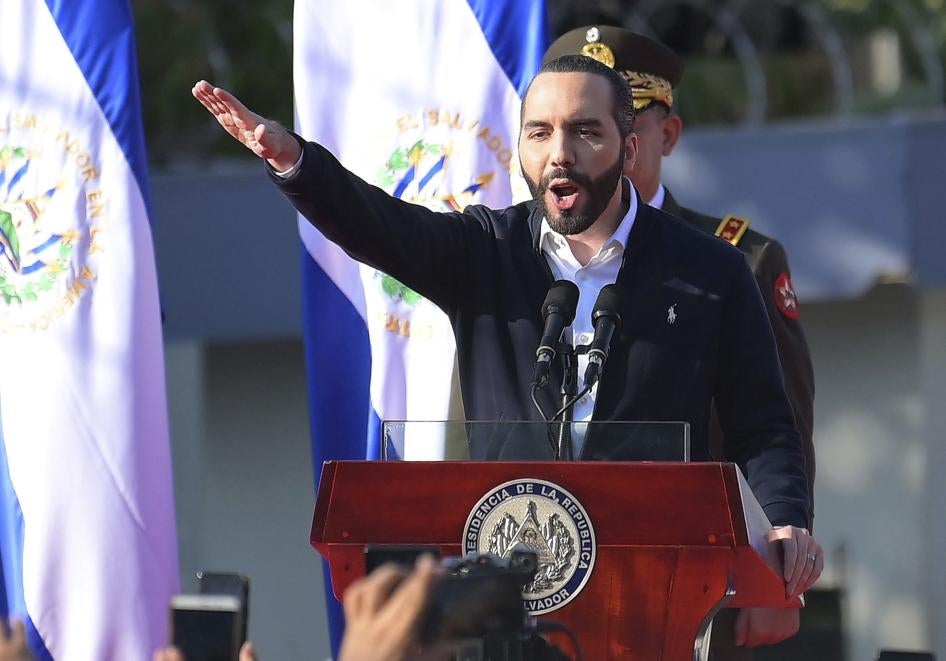Nobody should be fooled by bromides like the one that Salvadoran Vice President Félix Ulloa offered this week on television. Ulloa said the government was trying to “promote” free speech in a context of “an avalanche of negative campaigns aimed at discrediting the Bukele administration.”
But since President Nayib Bukele took office in June of 2019, he has undermined press freedoms, lashing out at independent journalists, accusing them of spreading “fake news,” and calling them “mercenaries.”
Now that February’s elections have given President Bukele’s allies a two-thirds majority in the Legislative Assembly, attacks on the free press may increase. Bukele is likely to portray the victory as a sign of approval by the Salvadoran people of his repeated attacks on the media. And his majority in the Assembly could allow him to pursue changes in the law limiting the work of the media and undermining the independence of a Supreme Court that has helped keep the government in check.
In such a context, the administration of United States President Joe Biden could become one of the last sources of hope for Salvadorans seeking to defend free expression.
Already, the Bukele administration has gone beyond name-calling, announcing criminal investigations of the highly regarded outlet El Faro for alleged “money laundering.” The announcement, which he did not support with evidence, came a few weeks after El Faro reported that President Bukele had negotiated with MS-13, the country’s largest gang, granting members prison privileges in exchange for a commitment to lower the homicide rate and support the president’s political party in February’s elections.
President Bukele’s announcement of a supposed investigation of El Faro appears to have been designed simply to intimidate the outlet and damage its reputation. So far, the Attorney General’s Office has not notified El Faro of any such investigation.
El Faro has also been subjected to tax audits that appear selective and abusive. Tax authorities have told El Faro to provide the names of subscribers— a request that seems to fall beyond the scope of a normal audit. The Supreme Court on March 5 ordered the audit temporarily halted, noting that freedom of expression may be at risk.
If attacks on the media are a problem, so too is the increasing opacity of President Bukele’s government. New legislation has undermined the independence of the body charged with ensuring access to information and disbanded the Secretariat of Transparency and Anti-Corruption, one of the main agencies charged with oversight of public spending. Without access to information, journalists cannot scrutinize the government’s work, and ensuring democratic accountability becomes extremely difficult.
The Biden administration has already taken steps to express its concern. In January, President Biden’s top adviser on Latin America, Juan González, selected an El Faro interview as the means to deliver the message that the US had some “differences” with the Bukele government—and some “concerns.” “A leader who is not ready to fight corruption will not be an ally of the United States,” he said. When President Bukele traveled to Washington, DC, in February, members of the Biden administration rejected his requests for meetings.
In El Salvador’s fragile democracy—with a legislature dominated by his own party—President Bukele will now find his power largely unchecked. But the Biden administration can offer hope to El Salvador’s journalists that they will not be left to their own devices—and to El Salvador’s people that they will not be left in the dark.
To ensure that Bukele understands the message, the Biden administration needs to clearly convey that the US will not be an ally of governments that do not respect press freedoms—and that continuing to harass journalists will do serious damage to the Bukele administration’s relationship with the United States.








